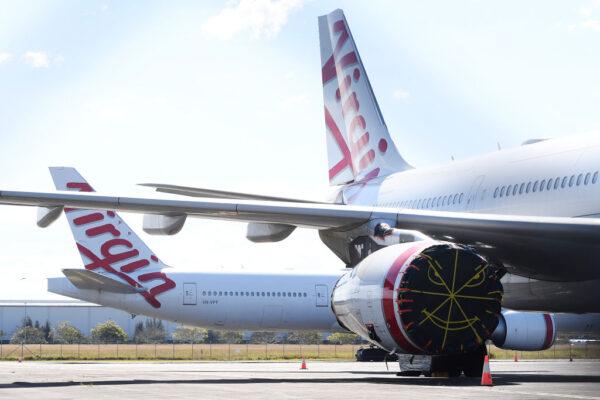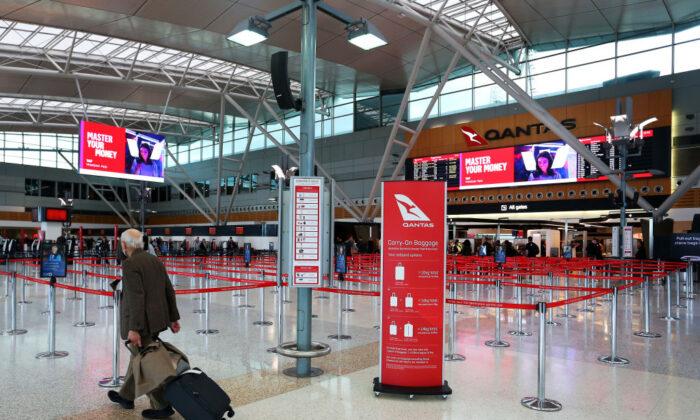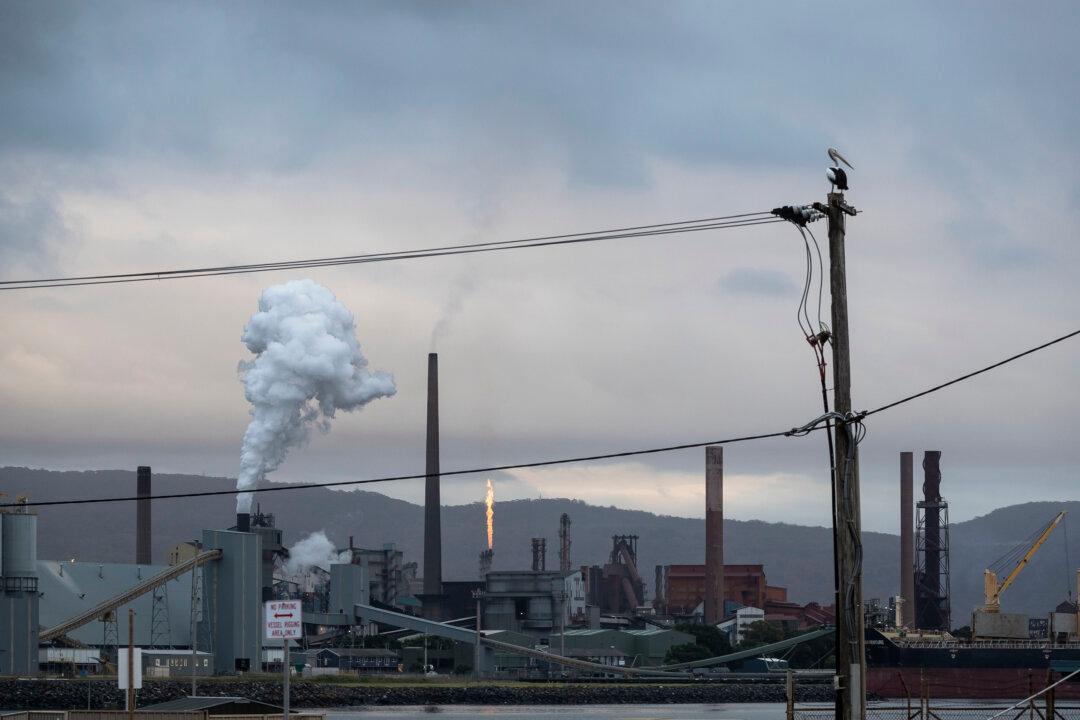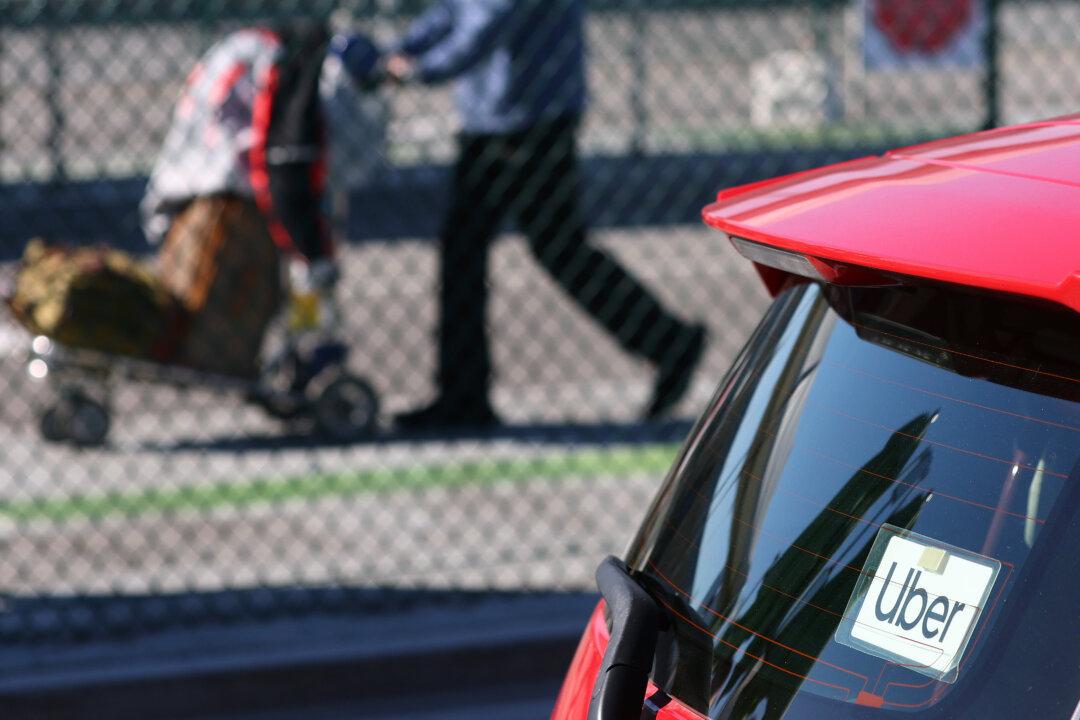Australia’s consumer watchdog has started to scrutinise local airlines after finding airfares have increased dramatically since early this year, with no sign of relief for the upcoming Christmas holidays.
Qantas forecasted that it would achieve a profit before tax of between $1.35 billion (US$900 million) and $1.45 billion in the first half of 2022-23 after reporting an underlying loss before tax of $1.86 billion in the previous financial year.
While Virgin Australia and Rex did not come up with a specific figure, both airlines expected to return to profitability in 2022-2023.
The report also noted that the passenger market shares stabilised in 2022 following the sharp volatility witnessed in the two years of border restrictions and lockdowns.
As of October 2022, Qantas accounted for 38 percent of the domestic passenger market, while the market share of its subsidiary Jetstar climbed slightly to 23.1 percent, resulting in a combined market share of 61.1 percent for the Qantas Group.
Surging Airfares
The report indicated that domestic airfares soared by 27 percent on average between October 2019 and October 2022, with prices increasing considerably since January 2022.ACCC commissioner Anna Brakey said the price hikes resulted from a highly “changeable” travel market.

Among the airfare classes, “discounted economy” fares saw the most significant growth in the past three years due to strong demand and reduced capacity, with the price index hitting a 15-year high at one point.
Specifically, the ACCC found that the average fare for the discounted economy class in November 2022 was more than double what it was in April 2022.
In contrast, higher-priced flexible economy and business airfares were not subject to much volatility and remained below pre-COVID-19 prices in November 2022.
“We would be concerned if airlines withheld capacity to keep airfares high.”
Regarding the factors affecting prices, the report said the level of competition on a particular route mainly determined airfares.
However, ticket prices were also driven by the timing of the booking, ticket demand, and the corporate strategy of airlines.
Fewer Flight Cancellations and Delays
While surging prices may not be what travellers want to hear, the report revealed that flight cancellations and delays were getting closer to normal levels.In October 2022, airlines cancelled around 2.9 percent of domestic flights on average, a noticeable drop compared to the 6.4 percent in July.
Jetstar reported the most significant number of flight cancellations among aviation companies at 3.9 percent, followed by Virgin at 3.6 percent and Qantas and Rex at 2.2 percent.
Meanwhile, flight delays across the industry decreased sharply from 45 percent in July to 30 percent in October. Nevertheless, the figure was still much higher than the long-term average of 18 percent.
There was also an update on the new low-cost carrier Bonza.
The report said while the company had acquired its second Boeing 737 Max 8 jet for the low-cost segment of the market, Bonza’s October launch was delayed further as it continued to work with the safety regulator to obtain an air operator certificate.
The new airline is expected to improve the capacity of the domestic passenger market and provide consumers with more choices.






Friends Read Free